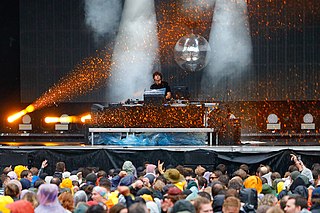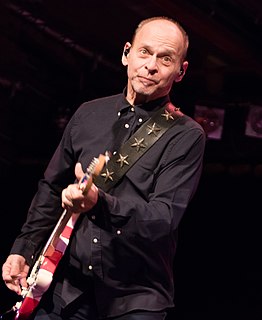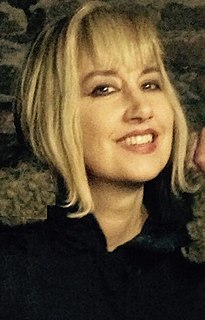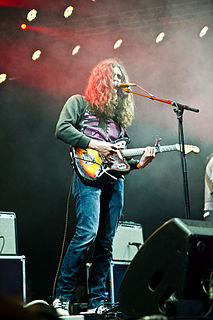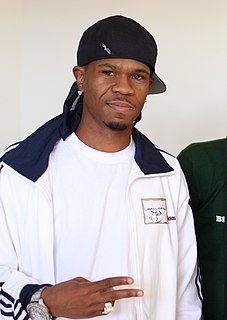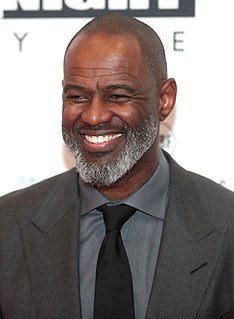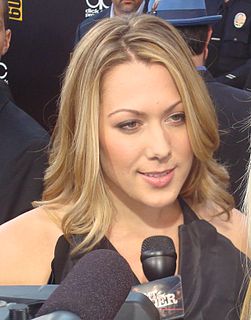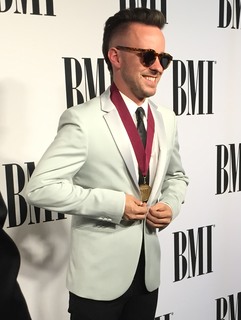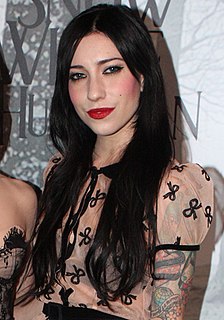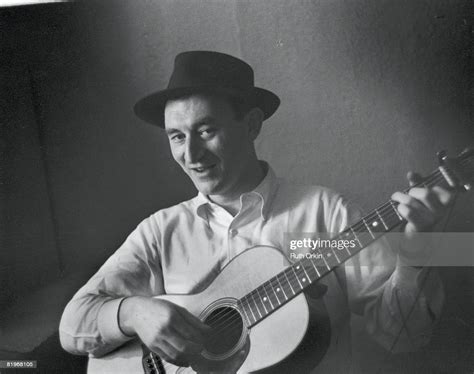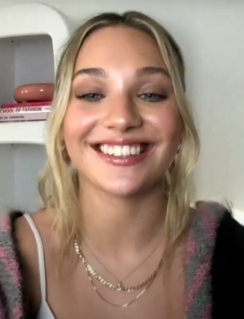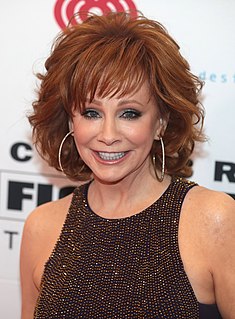A Quote by Jamie xx
I'm used to making songs; that's how I learned to make music. My structures will always be more like pop songs than dance tracks.
Related Quotes
It was just the next logical step from making succinct pop songs. What do you do after that? You make pop songs that are longer and more epic, that push the envelope. Imagine your favourite song, or something that you play over and over in the car, except that you don't have to start it over as much.
I've always loved the songs of the sea. I was first introduced to them back in 1957, at the Old Town School of Folk Music. I used to go to Pete Seeger concerts, and he would do songs like 'Ruben Ranzo' and talk about how the sailors sang songs to do their work - to raise the anchors, pull up the sails and that sort of thing.
Most companies that are successful listen to people and see what they want and they make that. So when I used to make songs, I'd make mixtapes. The public would tell me what they like and then I would make songs based on what they like. That's how I knew 'Ridin' Dirty' was going to be big - they told me they liked this kind of music.
That's the thing: pop music has sometimes had a bad reputation for being about a lot of other stuff than the music. And I am just a lover of pop music. I love pop. I love big choruses. Dramatic choruses - they're the best thing in the world. And I do this because I love making music and performing the songs.
That's what is so great about being able to record a 13-song album. You can do a very eclectic group of songs. You do have some almost pop songs in there, but you do have your traditional country, story songs. You have your ballads, your happy songs, your sad songs, your love songs, and your feisty songs.
